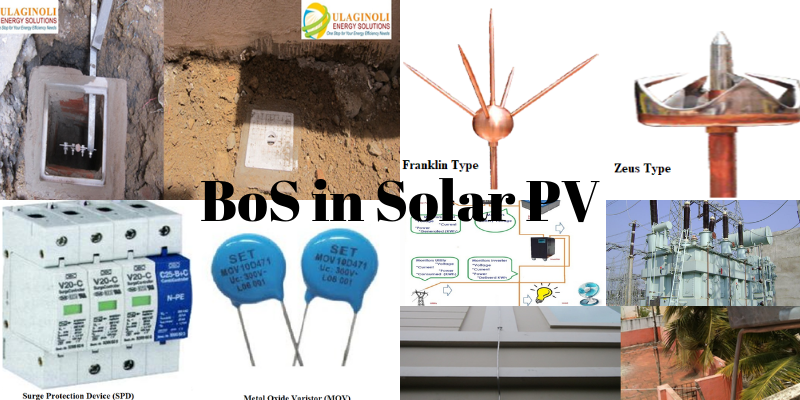Space Sought for Waste to Energy and Solar Projects in Mumbai
In Mumbai, India, the National Building Construction Corporation (NBCC) has asked the state government to identify dump yards across the state that that have the potential for solar and bio-mass energy, reports The Times of India.
Dumping grounds are seen as ideal for setting up of solar panels that require huge amount of space, while waste to energy technologies are being considered to treat the solid waste.
The state has set up a three-member panel comprising secretaries from the urban development department, energy and rural development department to implement the NBCC scheme. The corporation has offered to sponsor the setting up of plants for conversion of waste to energy.
With a daily electricity shortage of 3 to 4 GW Maharashtra is urgently seeking new sources of energy. With the exception of Mumbai, the rest of the state faces load-shedding, which varies in duration from an average of two-and-a-half to eight hours daily.
The Mumbai Metropolitan Region (MMR), along with Pune and Pimpri-Chinchwad, are being looked at as possible sites for the first experiment.
The MMRDA is already scouting for land to serve as a landfill for the entire MMR. According to The Times of India, Mantralaya officials said the plans had been approved but were at an exploratory stage. ”The cost of transport is a huge deterrent as ferrying over long distances will not be economical for local bodies,” said officials.
The BMC is reported to have already undertaken measures to convert waste into energy, both at the former Gorai dumping ground as well as Deonar. It is also constructing a new landfill site at Kanjurmarg.
Except for Mumbai, locally sourced waste, collected and treated by small municipal corporations will not be enough to generate sufficient electricity
”What we are looking at is a cluster model for the development of a dumping ground where all nearby municipal corporations bring their waste that will then be converted to energy. This will also provide space for the setting up of solar panels,” a senior official in the urban development department told The Times of India.
At a recent presentation made to Mantralaya officials by representatives of NBCC, it was pointed out that 200 to 300 tonnes of waste can be treated daily to produce 5 to 10 MW of energy.
The plan is that while the bio-mass energy will be utilised by the local bodies, the solar energy will be purchased by the MSED L for 25 years, for which a memorandum of understanding will be signed. Since the cost of setting up of solar panels is high, the burden will be borne by the consumer, said officials.



